By Madam Bubby
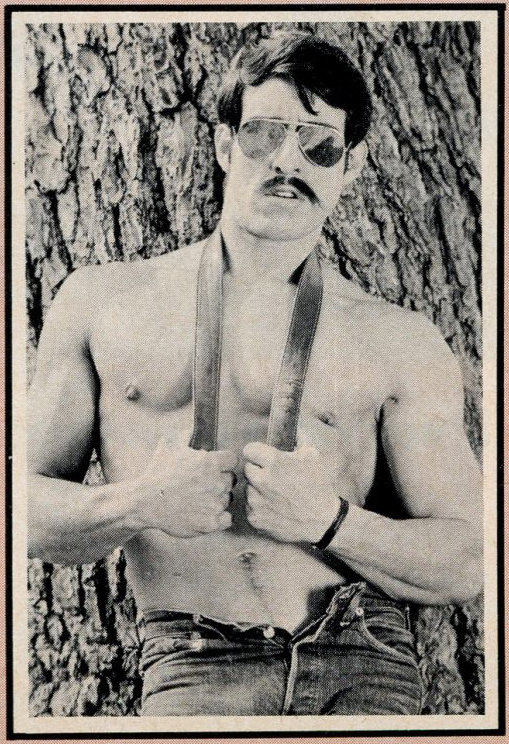
Malo is pretty much an icon in the Bijou Video filmography, despite his brief adult film career. A strong actor with a handsome face, commanding screen presence, and a chiseled physique, he highly memorably appeared in Jack Deveau's Hand in Hand Films classics A Night at the Adonis (DVD | VOD), Dune Buddies (DVD | VOD), and The Boys From Riverside Drive (DVD | VOD); in the first two, in leading roles, and paired in a sex scene with superstar Jack Wrangler in the third.
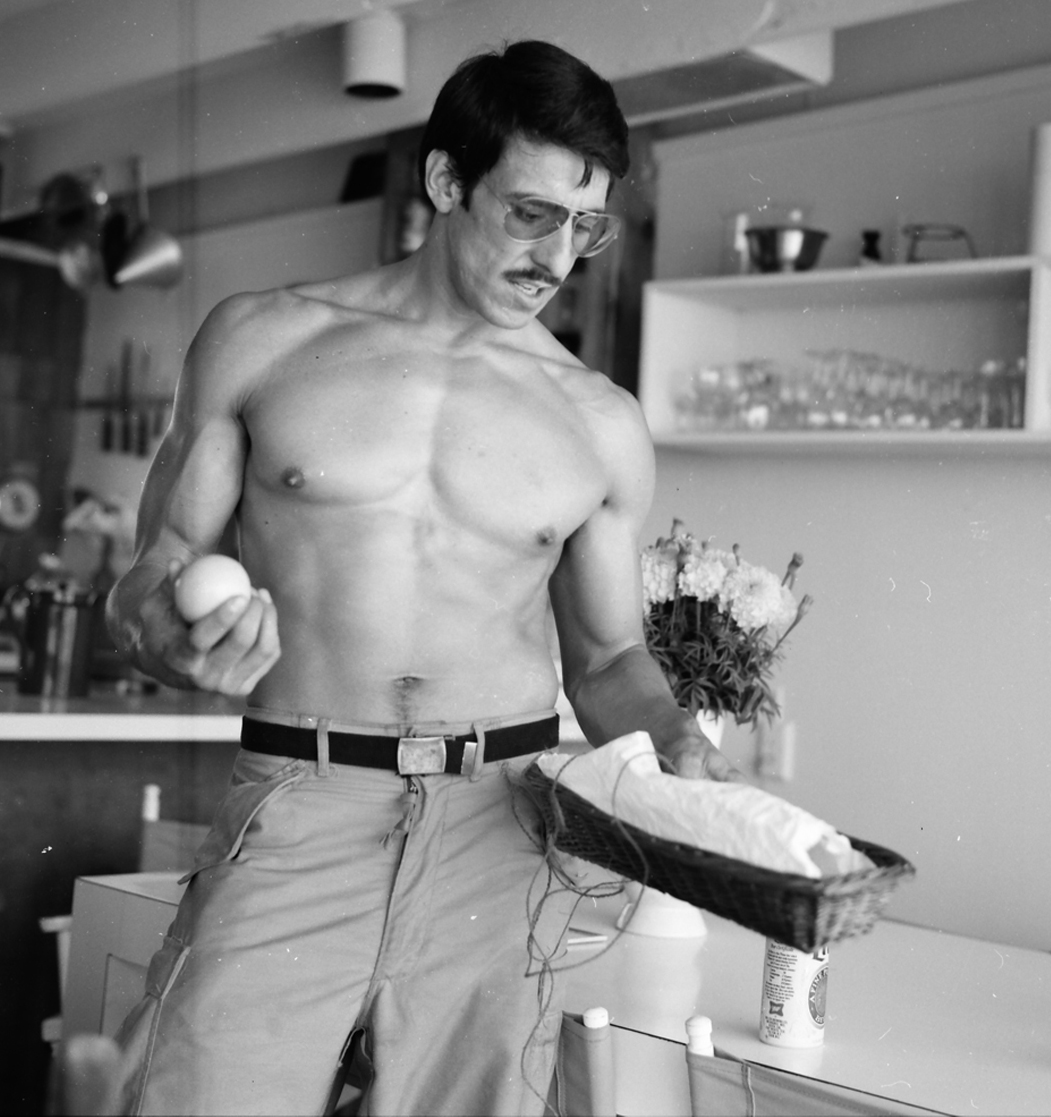
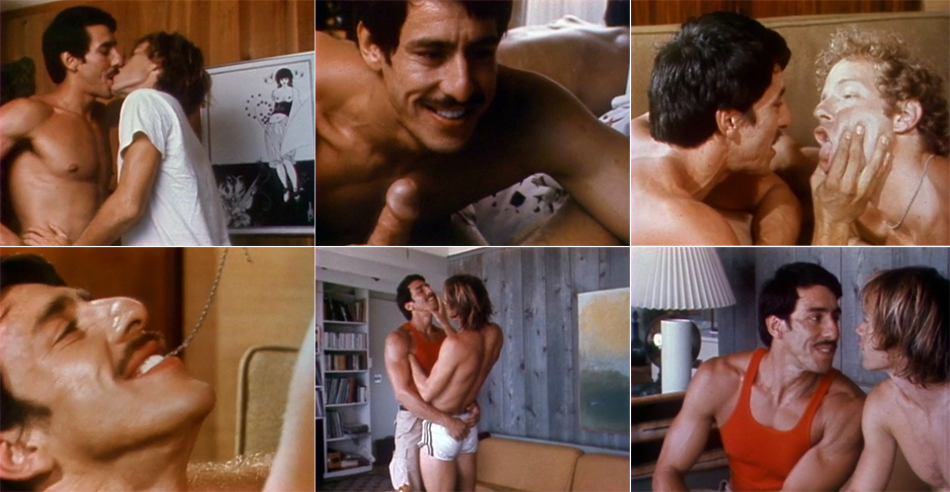
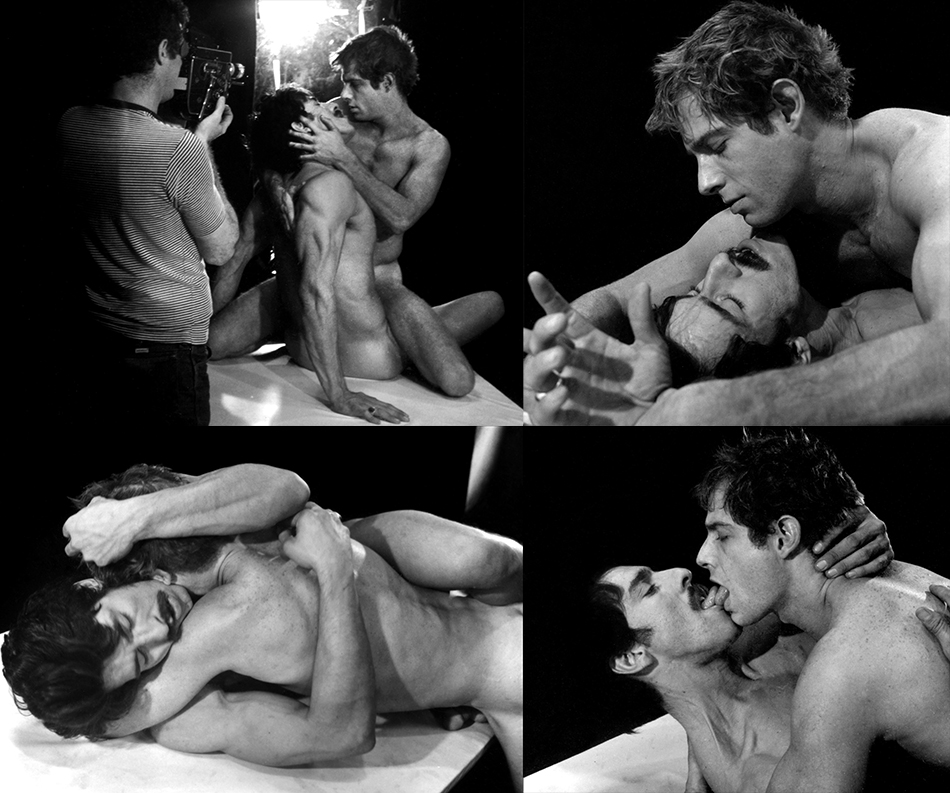
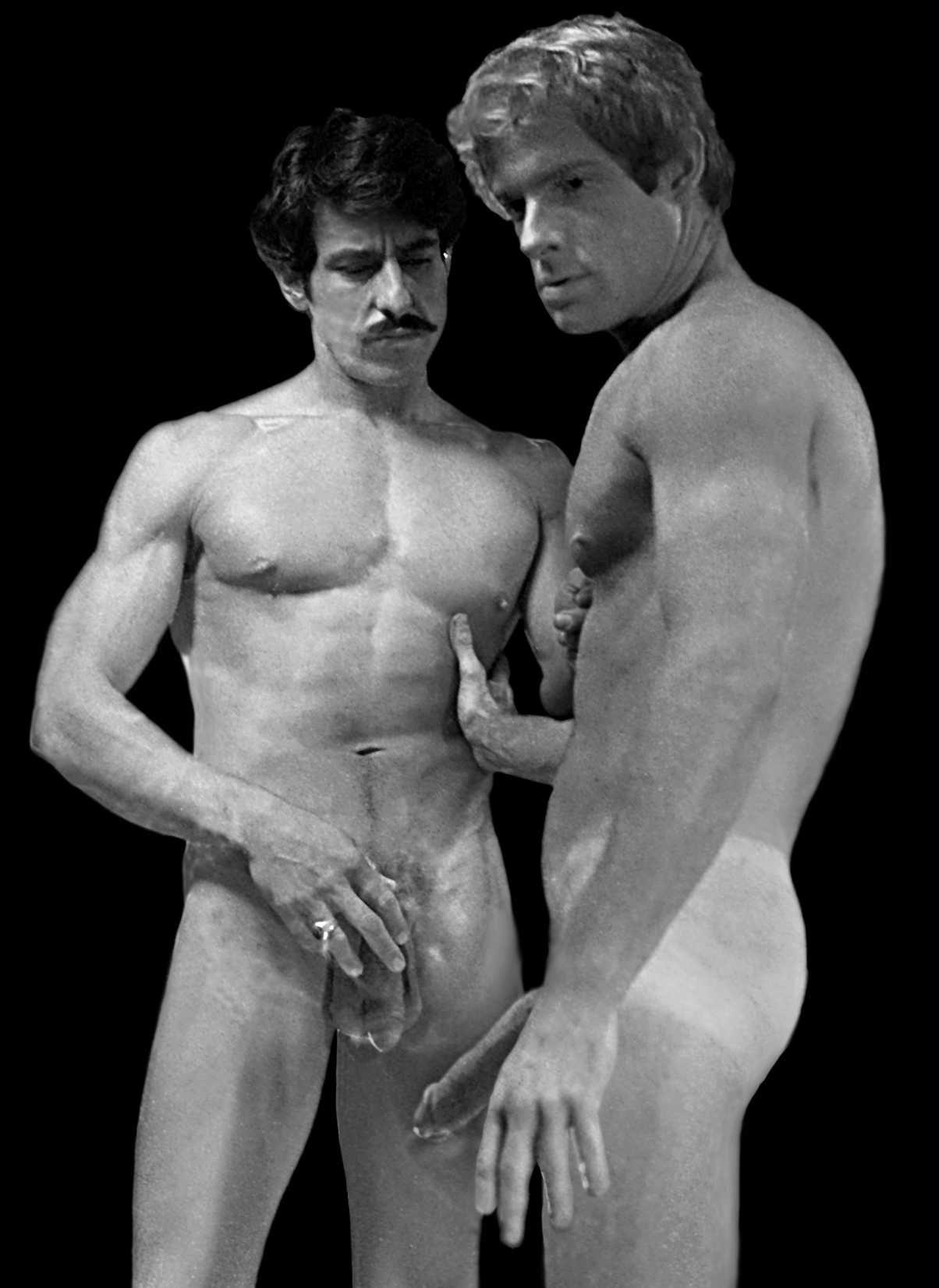
Along with the compelling line delivery and character work he gets to do in both Adonis and Dune Buddies, his sex scenes sizzle with electric sexual tension. In A Night at the Adonis, his sequences in barber chair with Jayson MacBride and in the orgy, paired with Geraldo, are highlights. And in all three films, he wields a stunningly beautiful uncut cock.
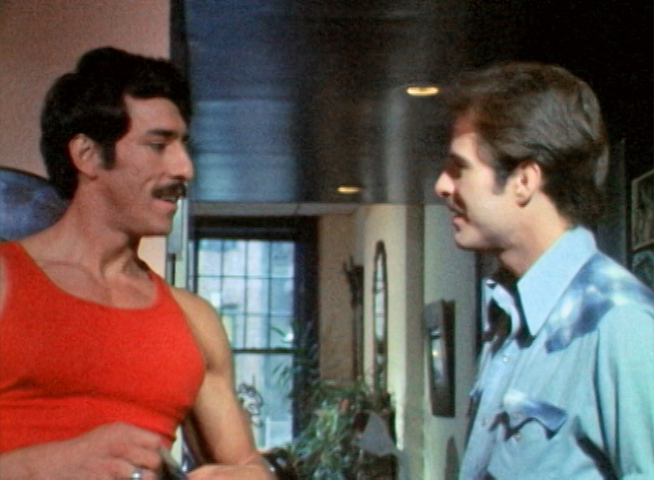
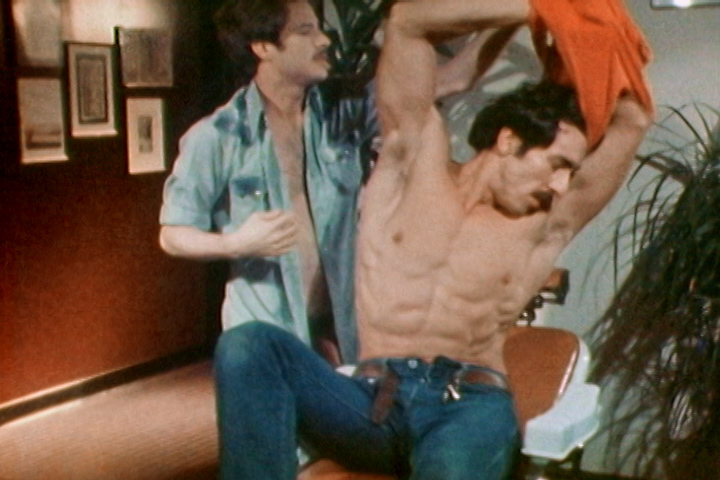
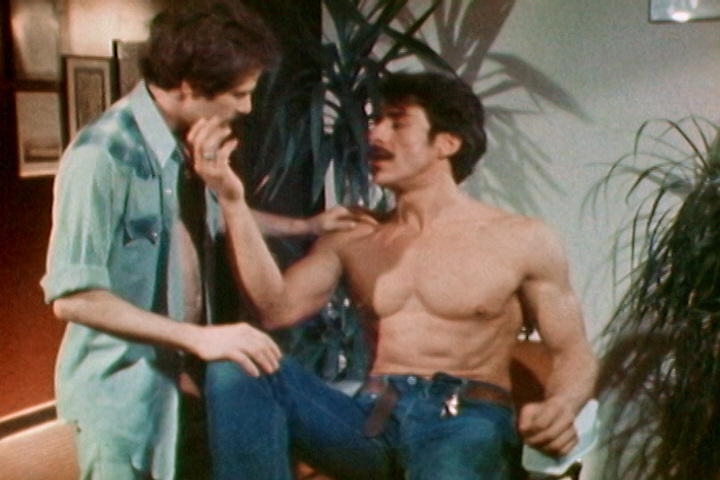
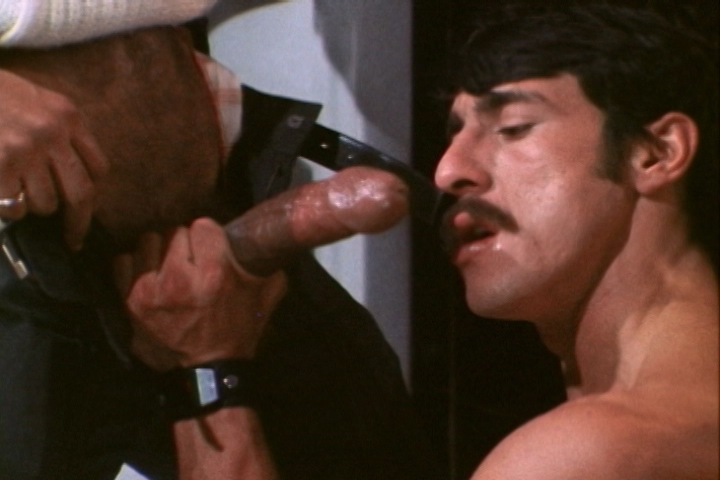
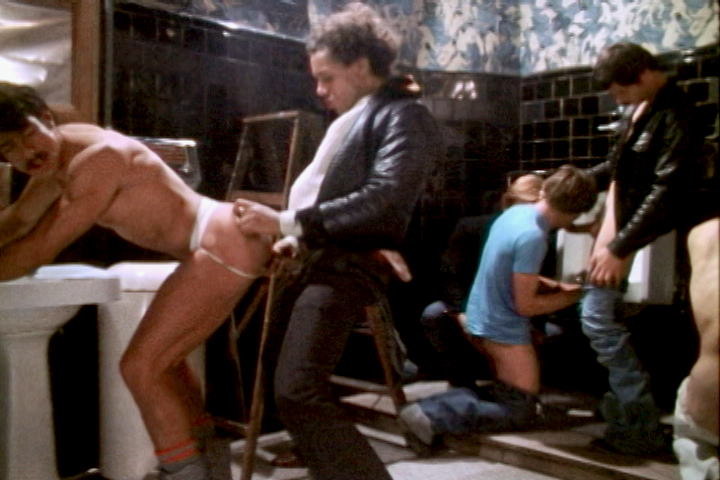
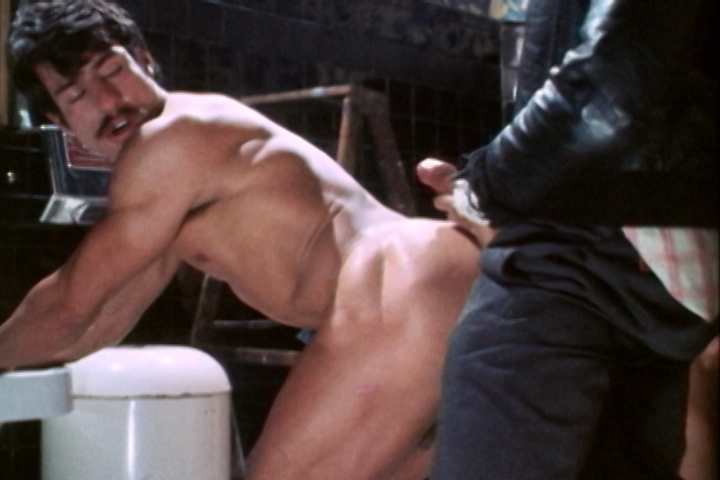
Not only is his cock stunningly beautiful. His overall physical beauty made quite an impression on many viewers when he appeared in the movie Cruising under his real (and mainstream performing) name, Arnaldo Santana. Yes, Cruising, the controversial Al Pacino movie.
There, he plays Loren Lukas, the first victim of the psycho killer. Young macho beauty (especially his perfect bubble butt which could have been lifted from a Greek statue of Apollo) violently mutilated. The whip the psycho runs across him seems almost ancillary in this scene which seems to find its orgasm in the knife penetrating the flesh, not a hole in the body. Check out the scene on YouTube; go to about 11:30 to see Malo in his beautiful agony (if you're not squeamish).
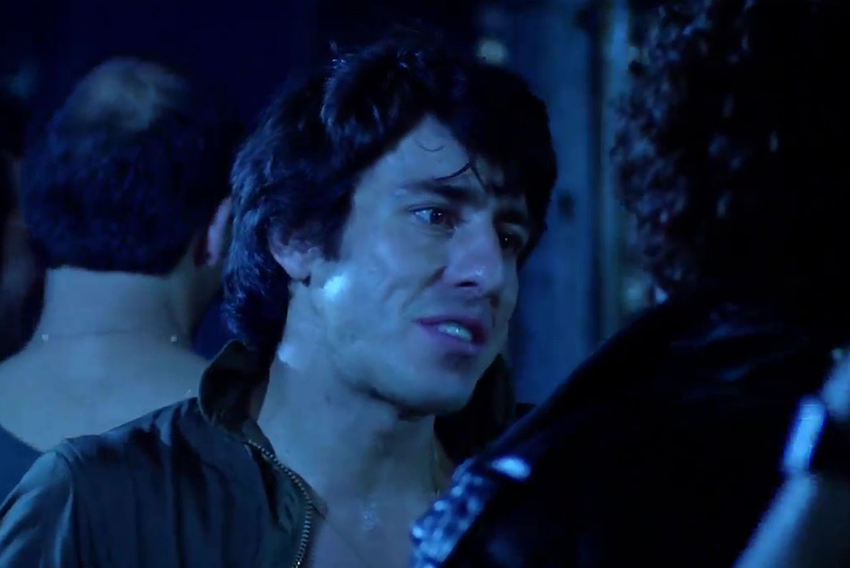
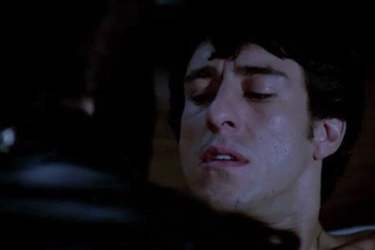
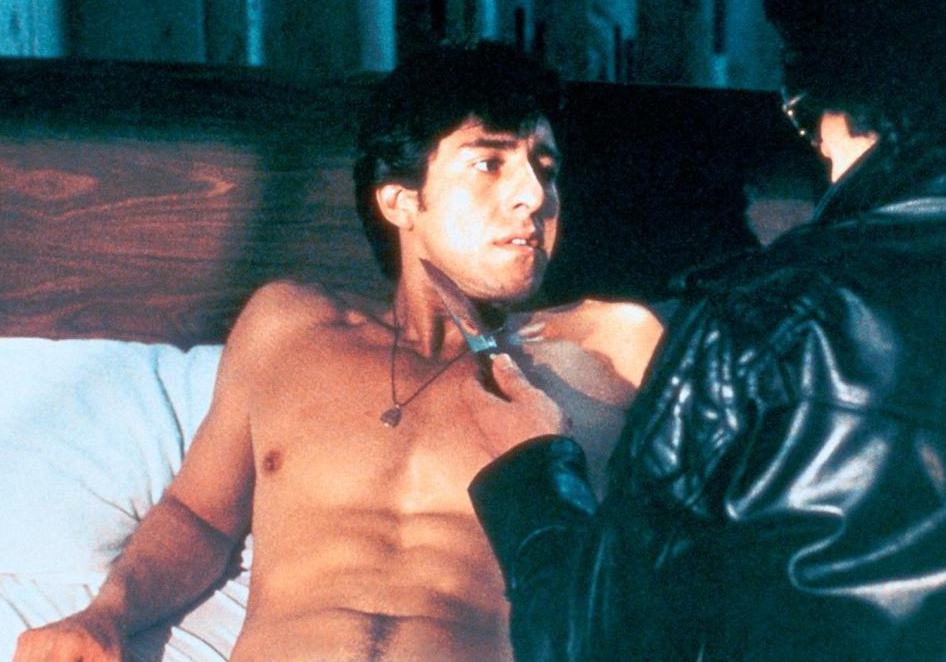
And, believe it or not, Arnaldo was a friend of Pacino's, and Al got him a part in the movie Scarface - as his bodyguard, Ernie. According to imdb, “his acting career took a nose-dive when the handsome, muscular Santana gained over 100 pounds and became a heavy-set character actor," though Scarface was his most prominent film. You can see him as Ernie in this YouTube clip.
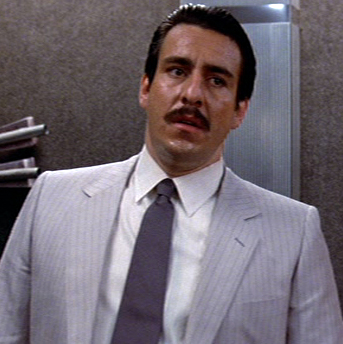
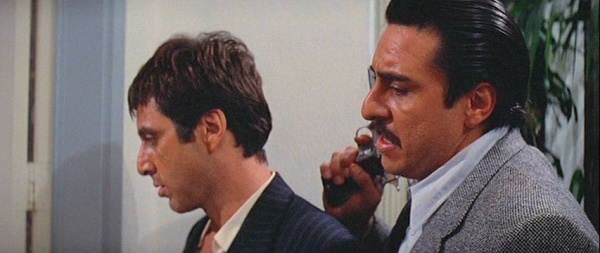
In the year following Scarface, 1984, Santana appeared as recurring character Hector Del Gato in all six episodes of comedian Paul Rodriguez's Norman Lear-produced sitcom (with a one-season run), a.k.a. Pablo, about a Mexican-American family in California. Malo/Santana can be seen throughout the opening credits sequence for the show here on YouTube.
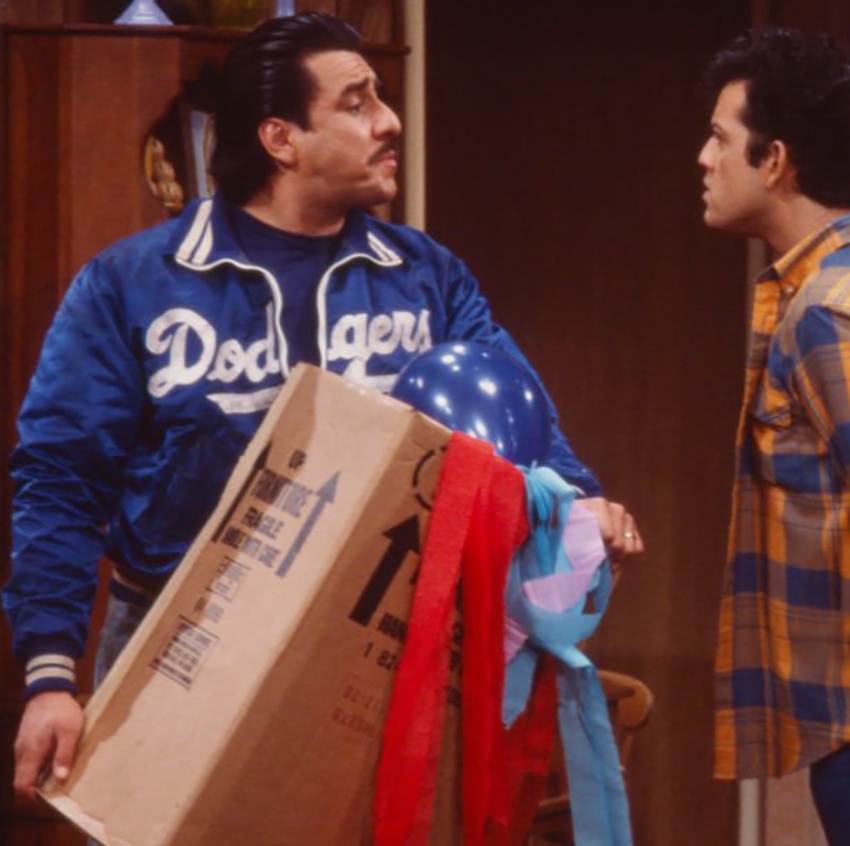
Other than a handful of additional details on imdb - references to his roles in films and television (also including Rage of Angels), this interesting list of his theater work (which explains his acting talent), mention of his birth (9/1/50, El Paso) and death (10/9/87, NYC) dates and locations, and a few other facts - I have found no biographical information about Arnaldo Santana.
But as Malo, he is an iconic figure from that first period of gay liberation in the 1970s, when sex was popping out of every nook and cranny. What was hiding in the shadows became passionately, violently free.
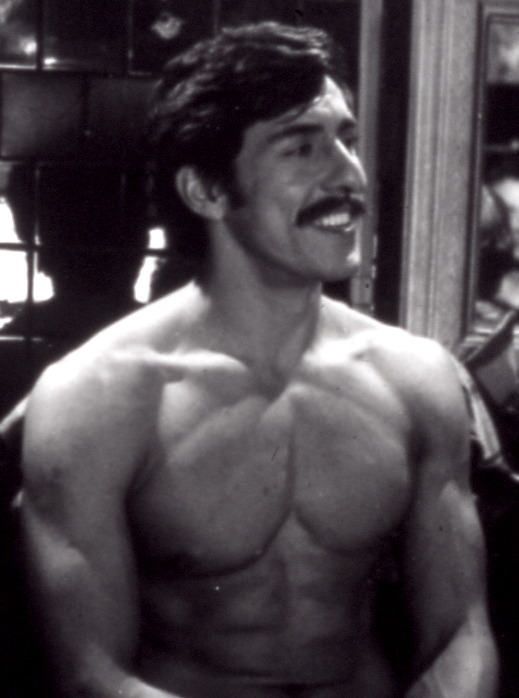

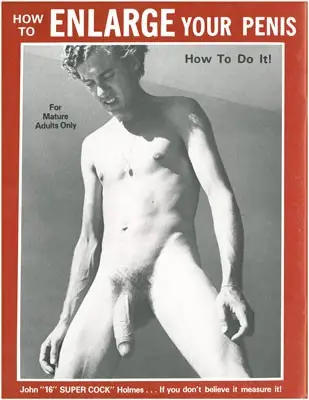


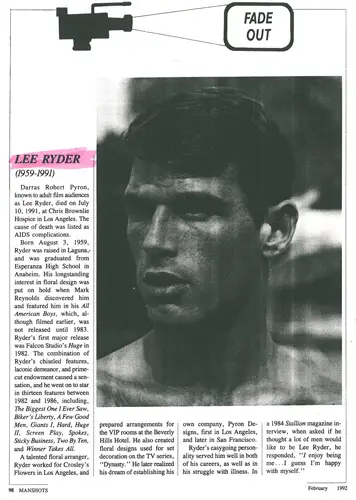

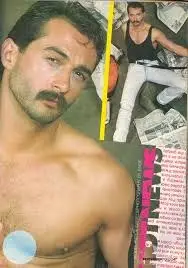
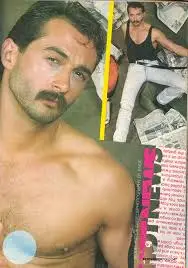
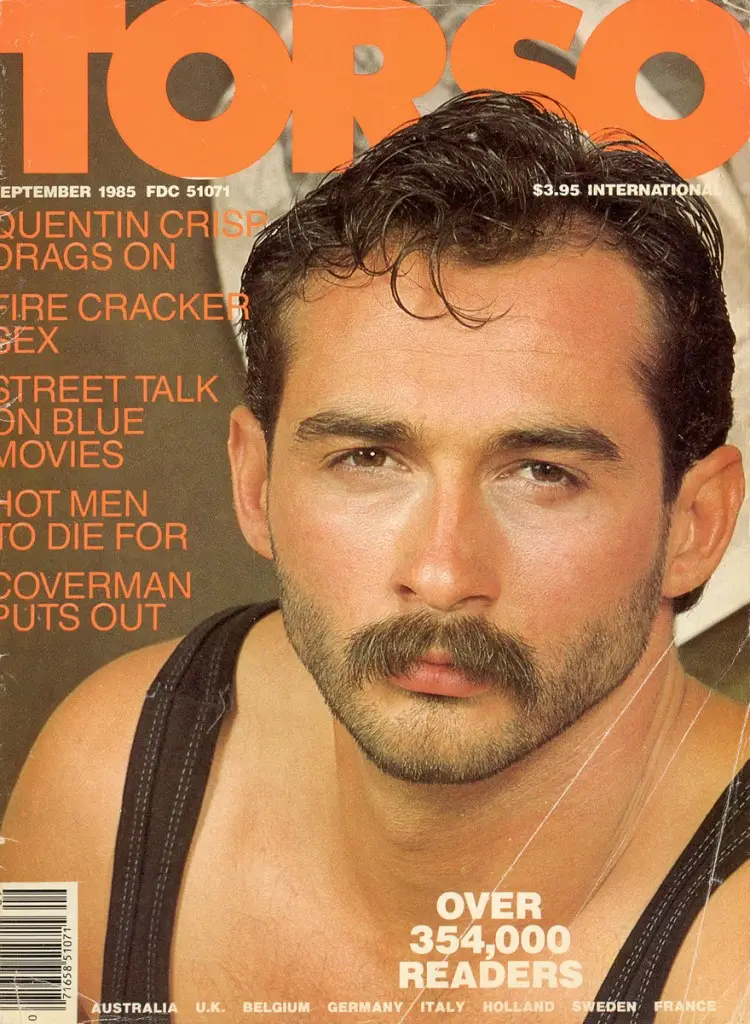





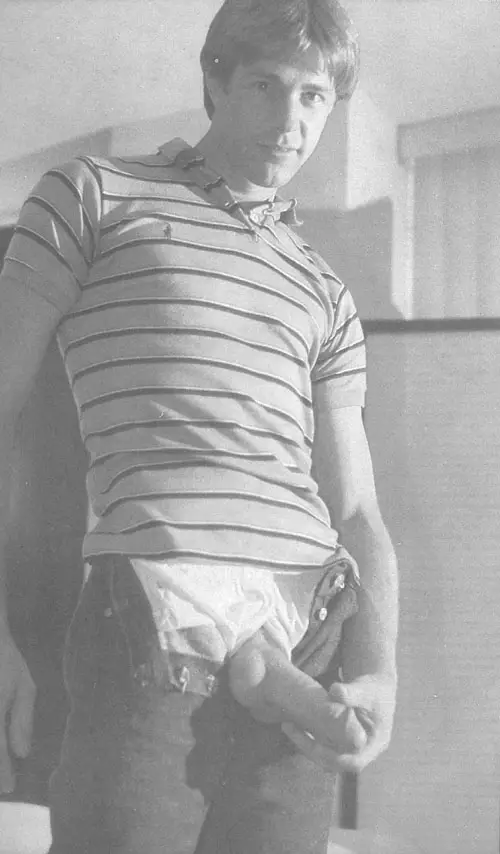
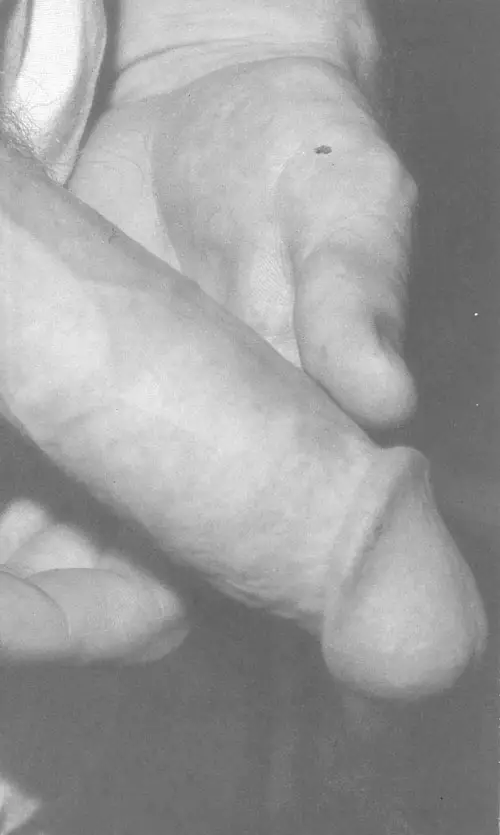


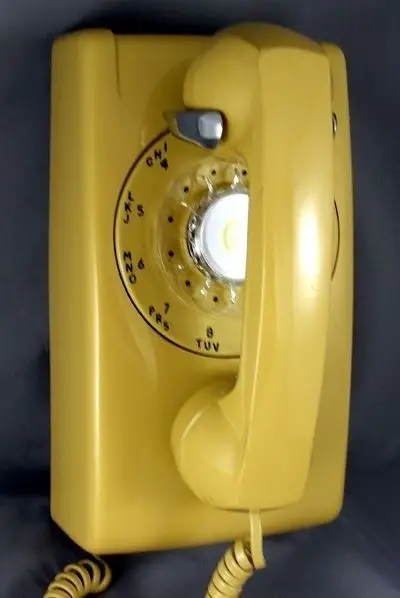
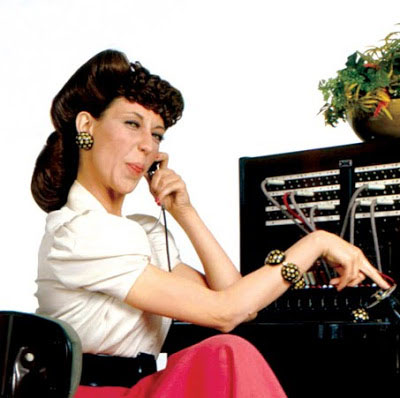
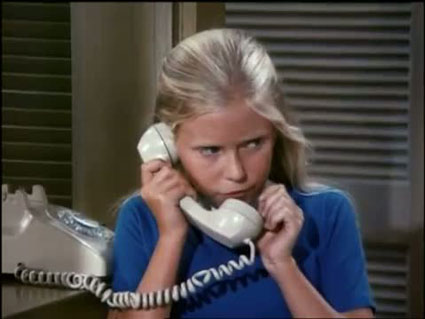
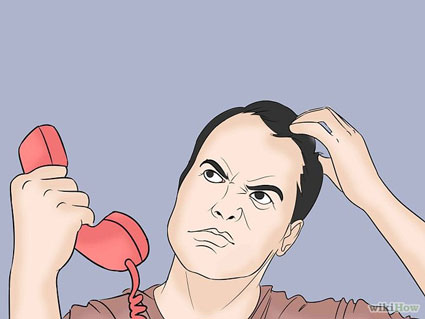
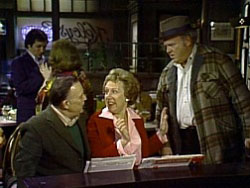
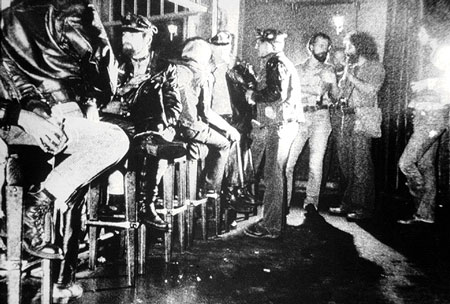
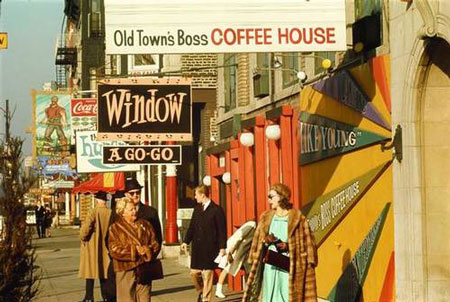
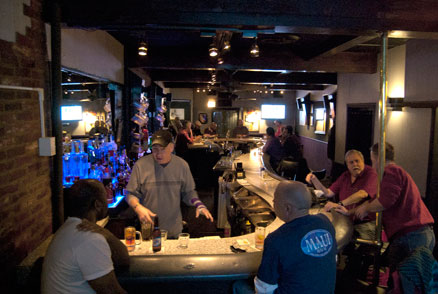

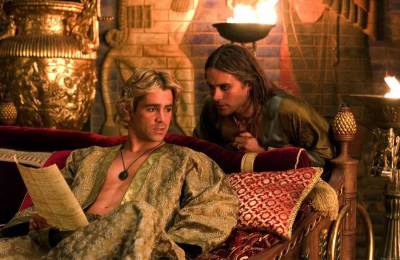
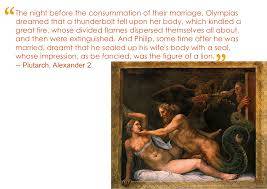

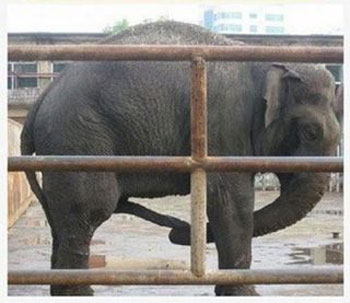
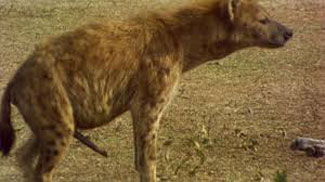
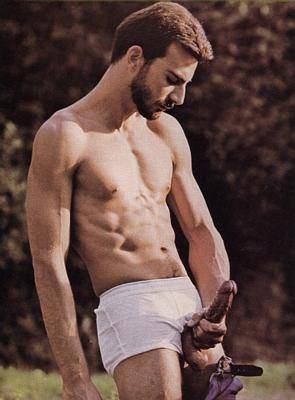
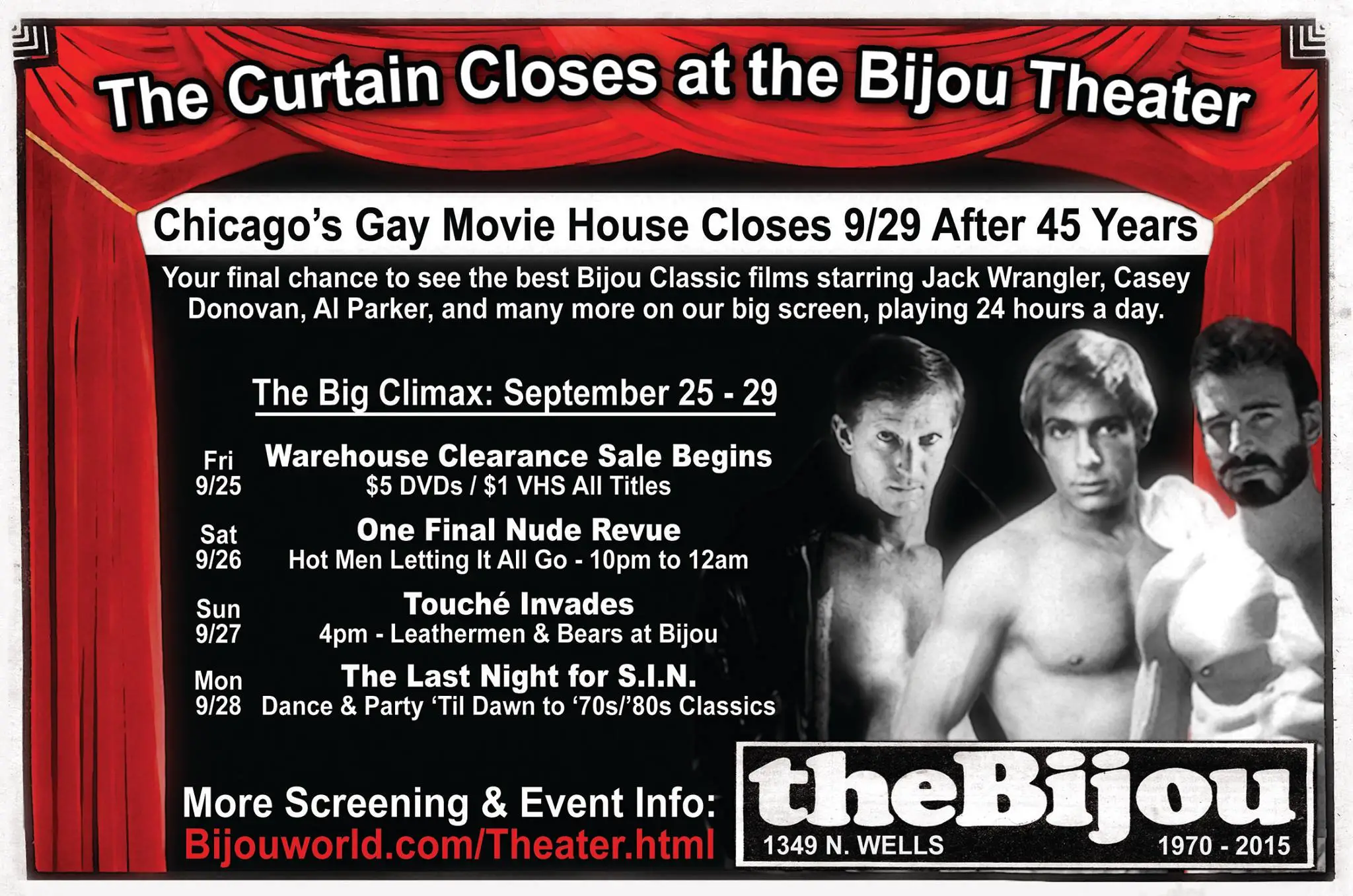 Bijou has become an icon representing that time in gay history, the 1970s, where gay men, long hidden in the shadows, emerged as both liberators and the liberated. The nonstop mansex party had begun.
Bijou has become an icon representing that time in gay history, the 1970s, where gay men, long hidden in the shadows, emerged as both liberators and the liberated. The nonstop mansex party had begun.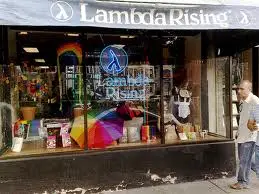
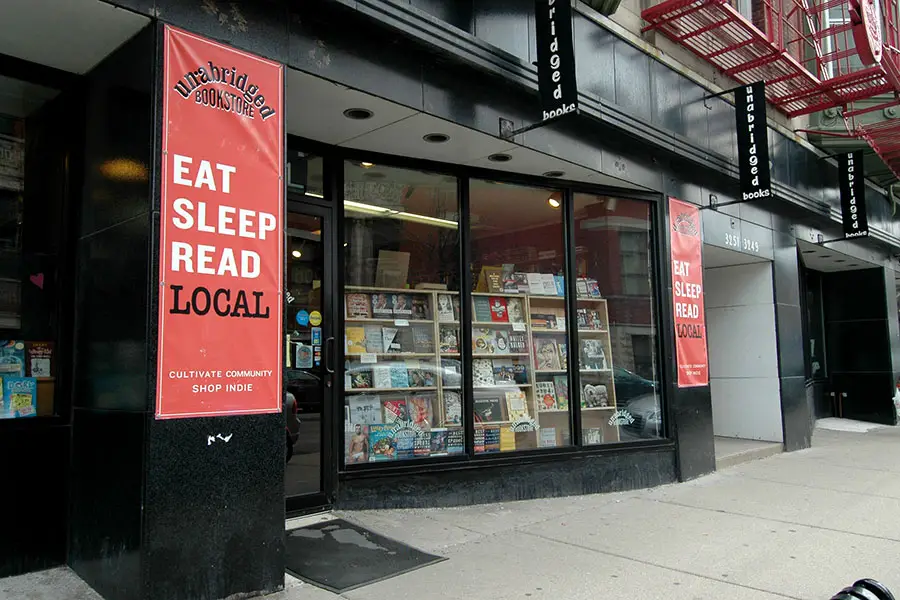 Are brick-and-mortar bookstores, or gasp, even books, now a thing of the past, like rotary phones, local savings and loans, and milkmen?
Are brick-and-mortar bookstores, or gasp, even books, now a thing of the past, like rotary phones, local savings and loans, and milkmen?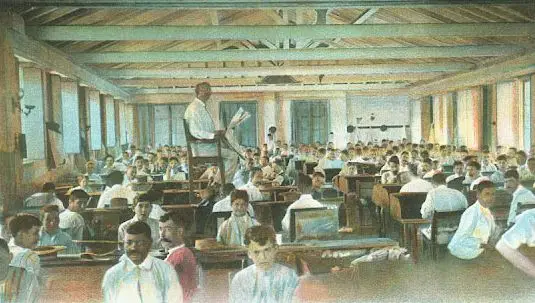 Social media is fast and convenient and works wonders to connect others with shared values in crisis situations, but what bothers me about it is that the word element gets lost: the word as both language and also something that a live person embodies in an “I-Thou” dialogue. Kind of like Judaism's idea of the Torah as the eternal voice of God or the Christian theology of the Word made flesh. Something that needs more than a tweet or a non-verbal instagram to express.
Social media is fast and convenient and works wonders to connect others with shared values in crisis situations, but what bothers me about it is that the word element gets lost: the word as both language and also something that a live person embodies in an “I-Thou” dialogue. Kind of like Judaism's idea of the Torah as the eternal voice of God or the Christian theology of the Word made flesh. Something that needs more than a tweet or a non-verbal instagram to express.

